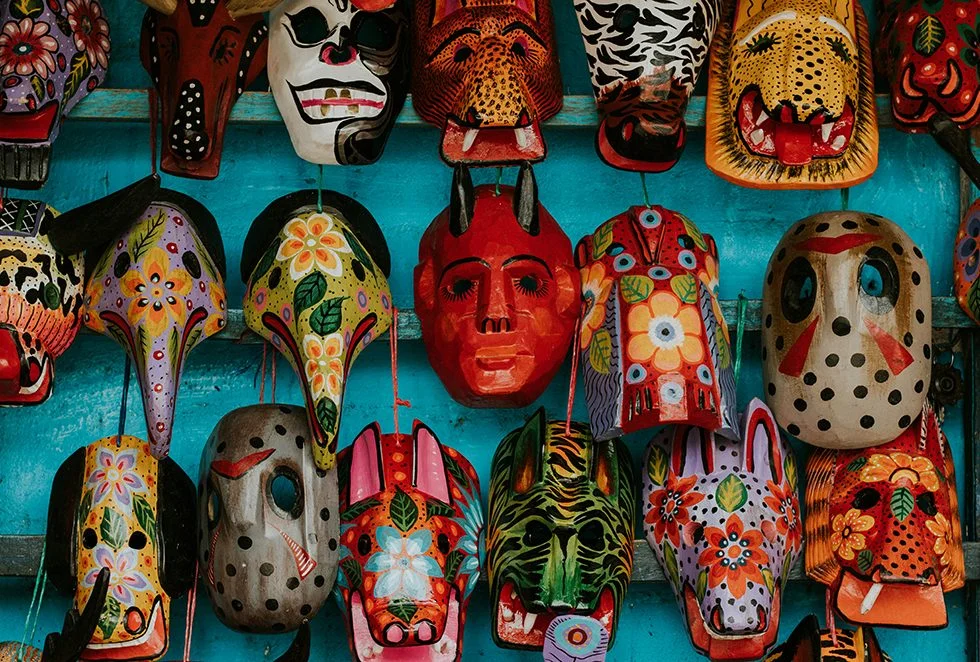Relationships • Finding Love
Why Do Some People Have Such Trouble Being Single?
We might posit the existence of two very different kinds of single people: what we could call the cheerfully single on the one hand, and the catastrophically single on the other. The contrast raises a central question: how do we live with being single?

The first kind might last have been in a relationship five years ago, or perhaps six or seven; they aren’t really counting at this stage. They hope they might find someone one day, but if they don’t, they can tolerate their own company, possibly till the very end. They have good friends, they go travelling, they pursue their hobbies. In the evening, they make themselves a nourishing dinner for one and sit on their own in the living room, absorbed in an article about ants or a film from Iran. They are keeping half an eye out for a partner. They are on an app or two. But sometimes a week goes by without them checking, and they’re pretty discerning when they assess candidates. Most people aren’t going to be right for them. They’ll only allow someone into their lives if they’re utterly convinced: the person has to be very attractive to them, kind and on their wavelength. There is simply no point otherwise. Most won’t be, and that’s fine; it’s just the way of the world.
Contrast this with the catastrophically single. They have been in a state of mania ever since they got out of their last relationship on February 10th (or whatever date is engraved on their battered hearts). However old they happen to be, it’s always about to be far too late: they’re on the verge of hitting 30 or 56 or 74 – and then it will all be over. They’ll be relegated to the lowest circle of hell reserved for the lepers of solitude. In their desperation, they put themselves on every available app. They check them every hour – in fact, every minute. They set up date after date, two or three a day on some weekends. They’re not paying attention so much to the quality (a friend could quickly tell them that the candidates were obviously wrong); the key thing is to stay busy at all times.
What Explains the Difference?
What could explain such radical differences? Why are some members of the species one way, and others another? The difference has everything to do with what singlehood means in the eyes of each category.
For the cheerfully single, it means nothing more or less than that the right person hasn’t shown up yet – and may never. Crucially, it doesn’t say anything whatsoever about them. It doesn’t indicate that they are awful, corrupt, ugly, stupid, weak or mean. It doesn’t affect their fundamental right to exist, their dignity or their basic goodness. It just means – plain and simple – that the right person isn’t there.
Whereas for the catastrophically single, aloneness is fraught with the most appalling associations. It’s a reminder of what they deeply know, fear and are in constant flight from: that they are dreadful people. That there is something venal and disgusting about them. That no one wants them. That there’s a hideous truth lurking in them. That everyone is either laughing at or pitying them.
From these two views of themselves, two enormous consequences follow. The cheerfully single will be just that: cheerful and at peace. The catastrophically single will be tormented every hour. In extremis, after too many dates and aborted relationships, they may want to kill themselves, because being alone and unchosen confirms that they don’t have the right to be.
What on earth could explain these two ways of seeing matters? As always, it’s childhood. The way we perceive ourselves now is a legacy of how we were perceived in the early years.
How We Live with Being Single
How we assess ourselves as single people is a bellwether of our emotional wherewithal. Some of us, the ones who need to be in a relationship right now, were severely neglected as children or overlooked for a sibling. We were never good enough and now hate our own shadows. Whereas the other kind have been given a lifetime of protection, because they appealed very much to the people who put them on the earth. So now, it doesn’t matter if they don’t have a partner (that’s someone else’s loss), if they’ve been on their own a decade, and are eating dinner by themselves again tonight. They’re gorgeous, and they sort of know it (without arrogance or pride).
This is privilege, this is luxury, this is what we should all want for ourselves. One of the greatest indications of good parenting is that your child never feels ashamed not to be in a relationship. Ultimately, how we live with being single is one of the clearest tests of whether we were given enough love to endure life’s inevitable stretches of solitude.


























